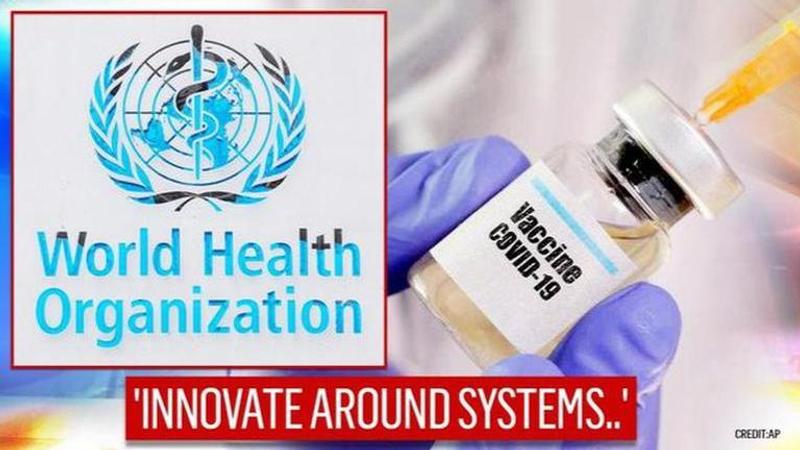Published 13:08 IST, November 28th 2020
'Ultra-cold chain coronavirus vaccine and associated high costs shouldn't hinder use': WHO
WHO says difficult storing conditions for some candidate coronavirus vaccines and the associated high costs should not discourage countries from adopting them

Director for Immunisation, Vaccines and Biologicals at the World Health Organisation (WHO), Kate O’Brien on November 27 said that the troublesome storing conditions for some candidate COVID vaccines and the associated high costs should not discourage countries from adopting them as immunisation methods. While speaking at a virtual briefing, O’Brien suggested countries choose to use the “ultra-cold chain” vaccines for only certain portions of the population that need to be vaccinated. She also said that such vaccines could be used to inoculate health care workers at facilities where installing a freezer with ultra-low temperatures would not be an issue.
O’Brien said, “Every country is going to have to work very hard and is going to have to innovate around systems to actually deliver vaccines that do have an ultra-cold chain. And part of the approach that many countries may take is to choose to use vaccines that require an ultra-cold chain for only certain portions of the population that need to be vaccinated”.
She added, “So I think the main message is that we do have the technology, there is demonstrated experience of delivering ultra-cold chain vaccines, even in some of the most difficult and remote areas, but that has also taken enormous resources to do that. So what we do need is a variety of vaccines that have different characteristics”.
WHO chief backs fair distribution of vaccine
Meanwhile, the promising candidate vaccines, which are currently completing phase 3 clinical trials, belong to the “cold-chain” category, meaning that they need to be stored and transported at a certain temperature above which the efficacy would be jeopardised. While Pfizer mRNA-based vaccine needs to be stored in as cold of an environment as -70 degrees Celsius, Russia’s Sputnik V vaccine also requires at least -18 degrees celsius. Moderna’s mRNA-based vaccine, on the other hand, can be stored at normal refrigeration temperature, but only for a month.
All the three aforementioned vaccine candidate have proven to be over 90 per cent efficient so far. Earlier this week, WHO Director-General also stated that the positive results from vaccine trials were a “light at the end of this long, dark tunnel” but the significance of the scientific achievement “cannot be overstated”. At a press briefing, Director-General Tedros Adhanom Ghebreyesus stressed that while nations have set “a new standard for vaccine development”, there’s a need for the international community to “set a new standard for access” as well. Tedros emphasized the challenges of distribution of the COVID-19 vaccines to the world population, an integral part to end the COVID-19 pandemic.
(With inputs from ANI)
Updated 13:08 IST, November 28th 2020




